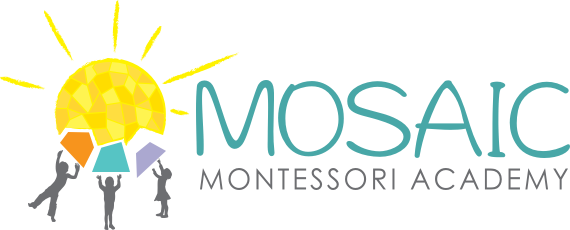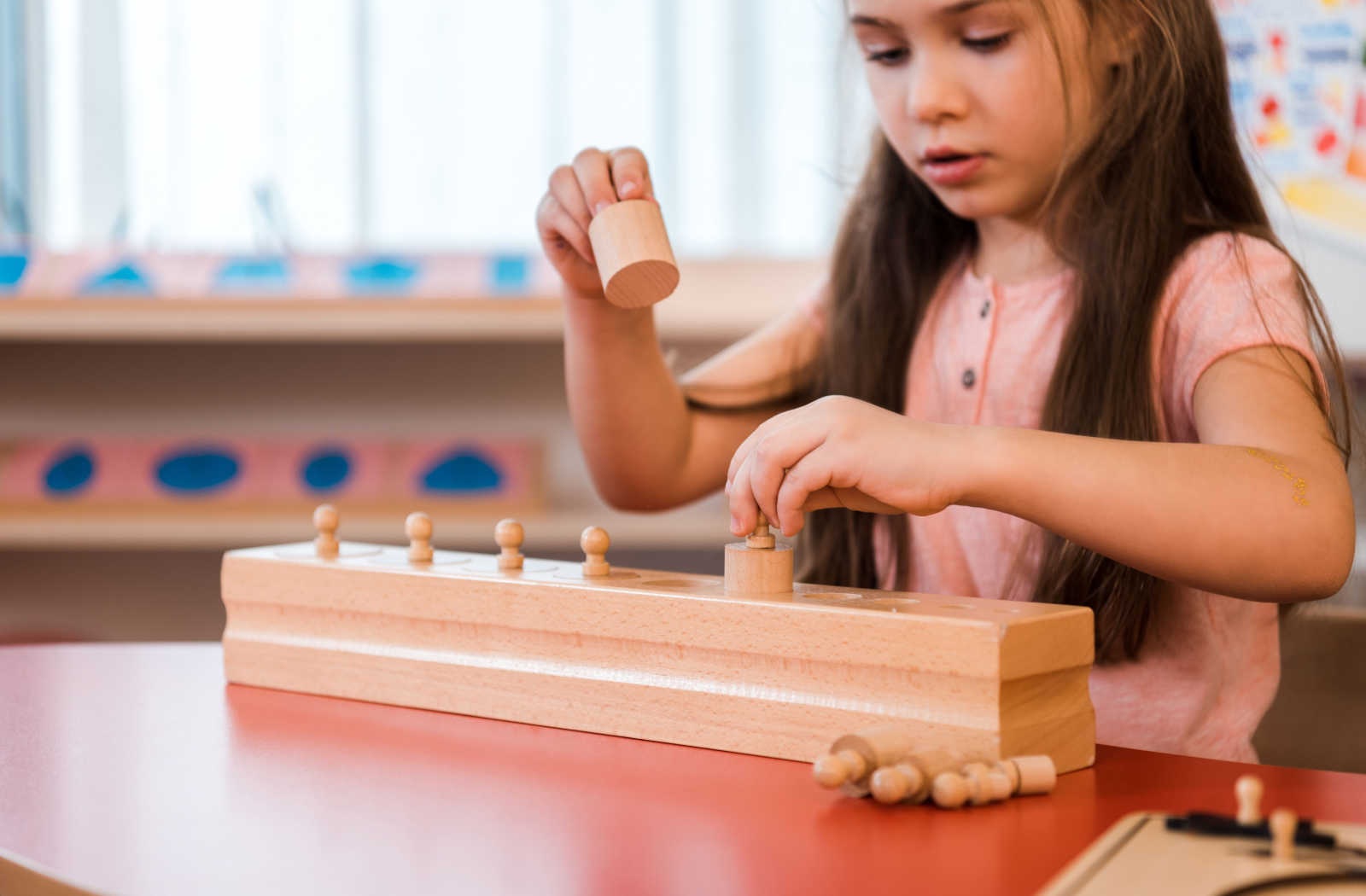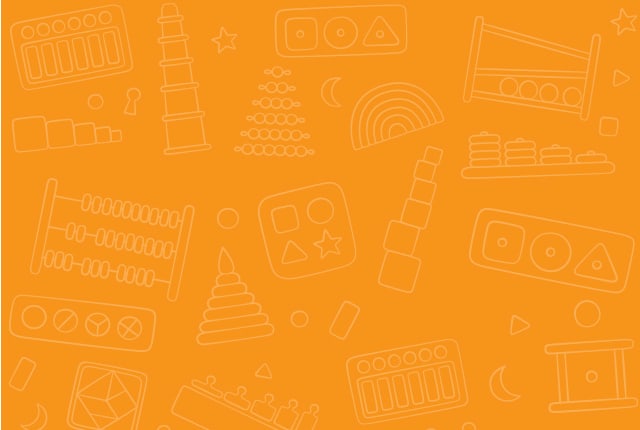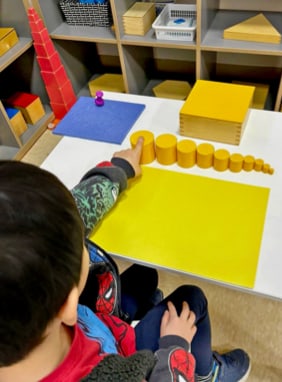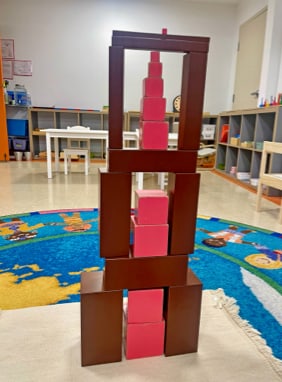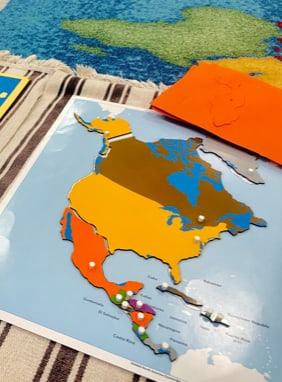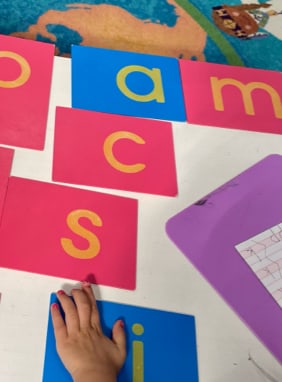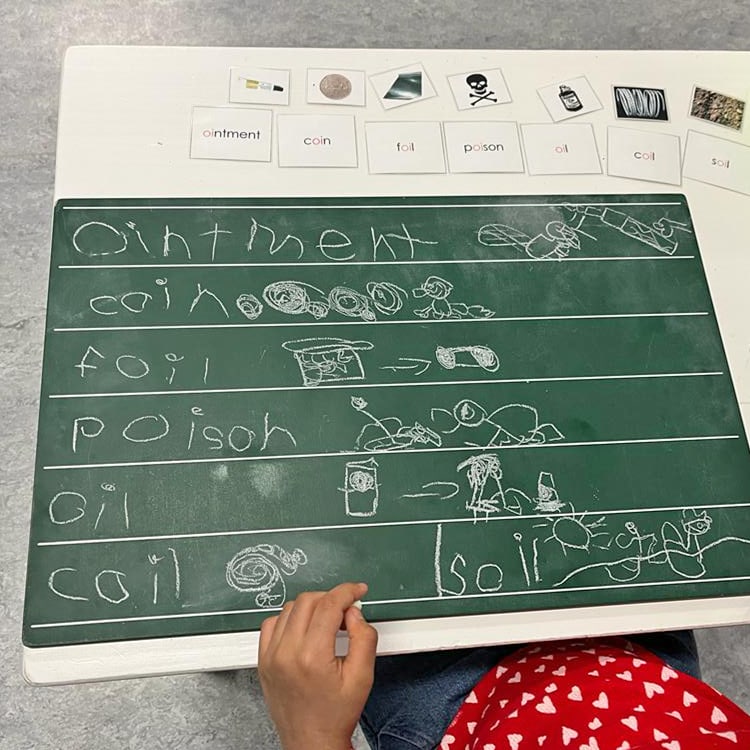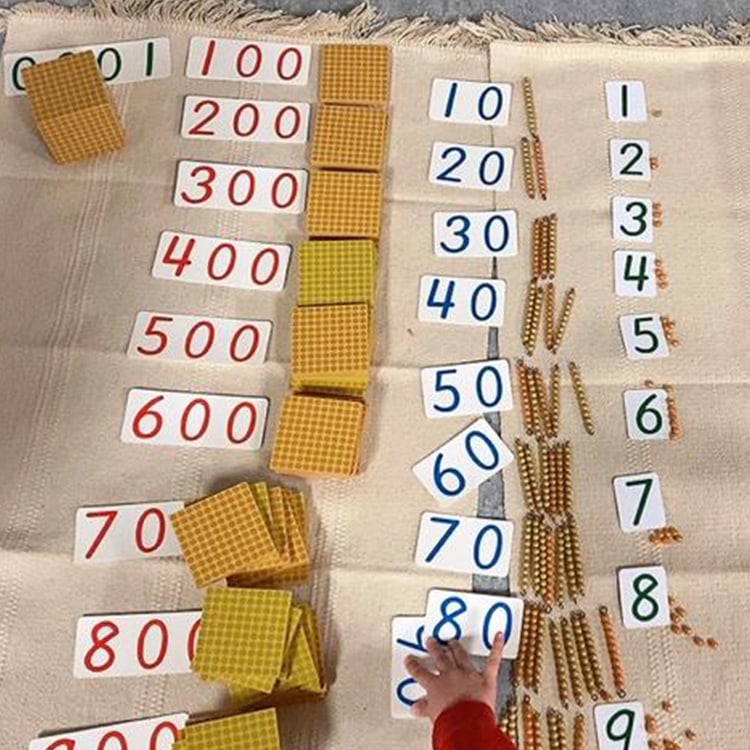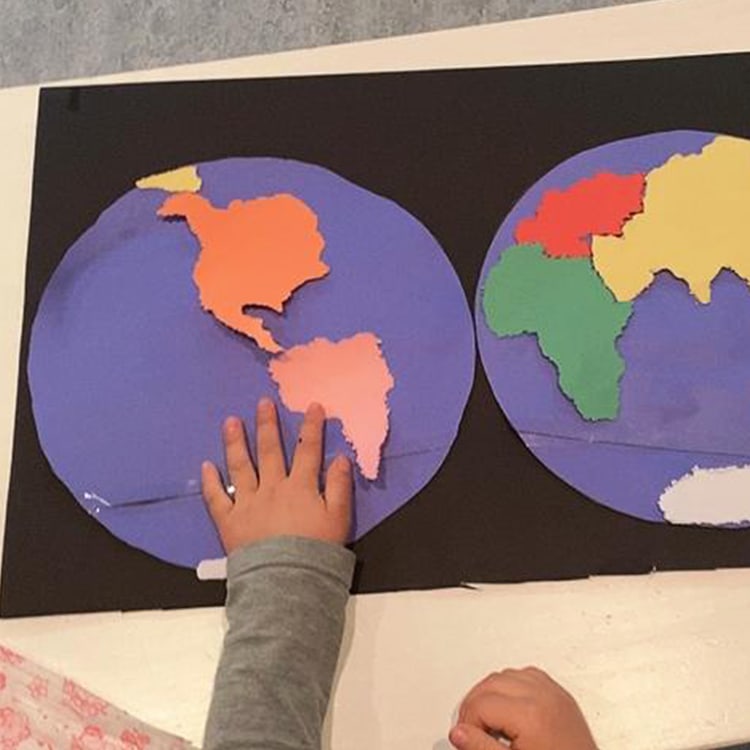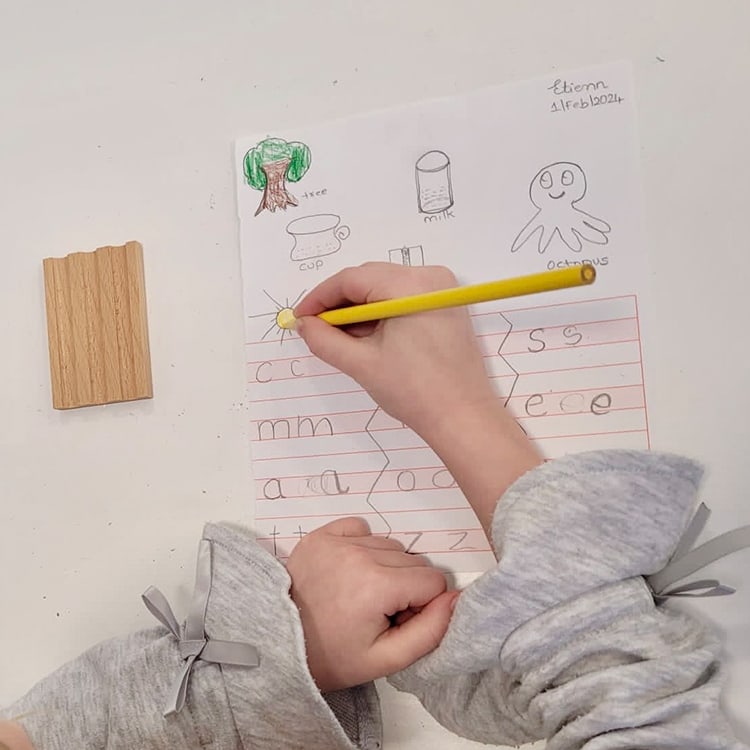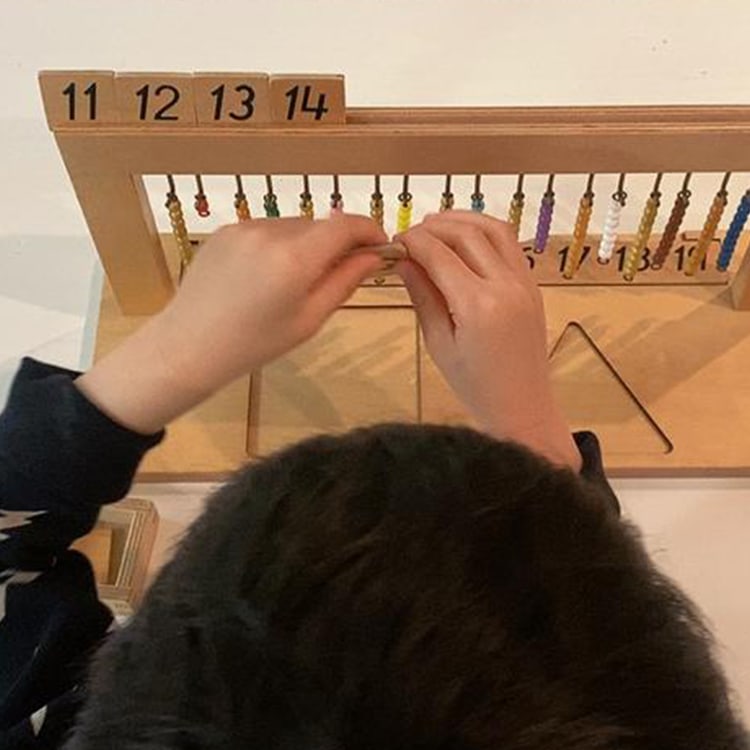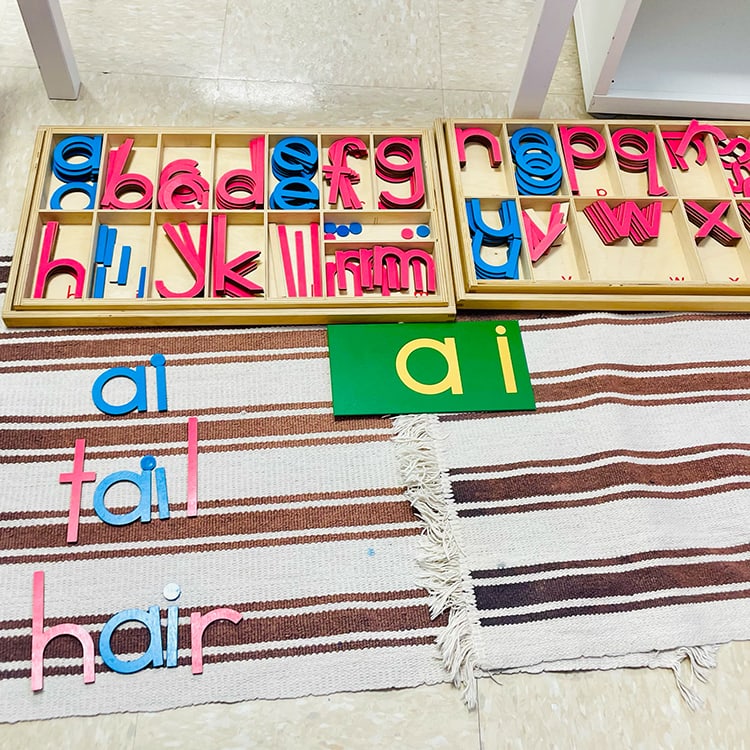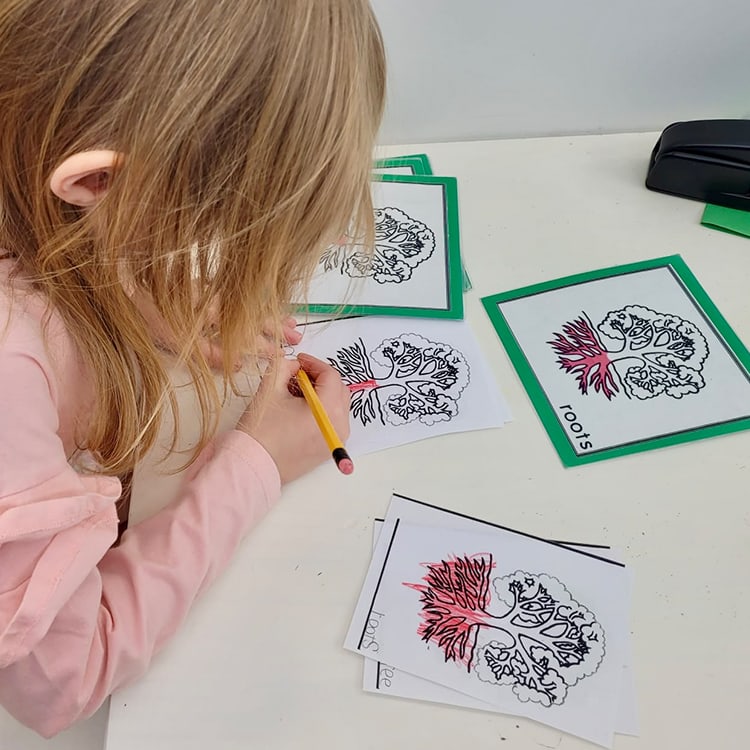Montessori education is a unique approach to teaching and learning that was developed by Dr. Maria Montessori, an Italian physician and educator, at the turn of the 20th century. The goal of Montessori education is to help children reach their full potential by providing them with a supportive and enriching environment that fosters independence, self-motivation, and a love of learning.
Key Principles of Montessori Education
One of the key principles of Montessori education is that children have an innate desire to learn and explore their surroundings. This desire is referred to as the “absorbent mind,” and it is believed that children are naturally curious and eager to learn new things. Montessori education seeks to tap into this natural curiosity and provide children with the tools and resources they need to explore and discover the world around them.
Another key principle of Montessori education is that children should be allowed to work at their own pace and follow their own interests. This means that children are not required to follow a predetermined curriculum or adhere to a strict schedule. Instead, they are free to choose the activities and materials that interest them and work on them for as long as they like. This approach helps to foster a sense of ownership and responsibility in children, as they are given the freedom to make their own choices and learn at their own pace.
The Montessori Classroom
In a Montessori classroom, the environment is carefully designed to support children’s learning and development. Materials are arranged in a logical and orderly fashion, and there is a strong emphasis on hands-on learning. Children are encouraged to manipulate and explore materials, and they are given the opportunity to work with a wide range of materials, including puzzles, blocks, and other objects that can be manipulated.
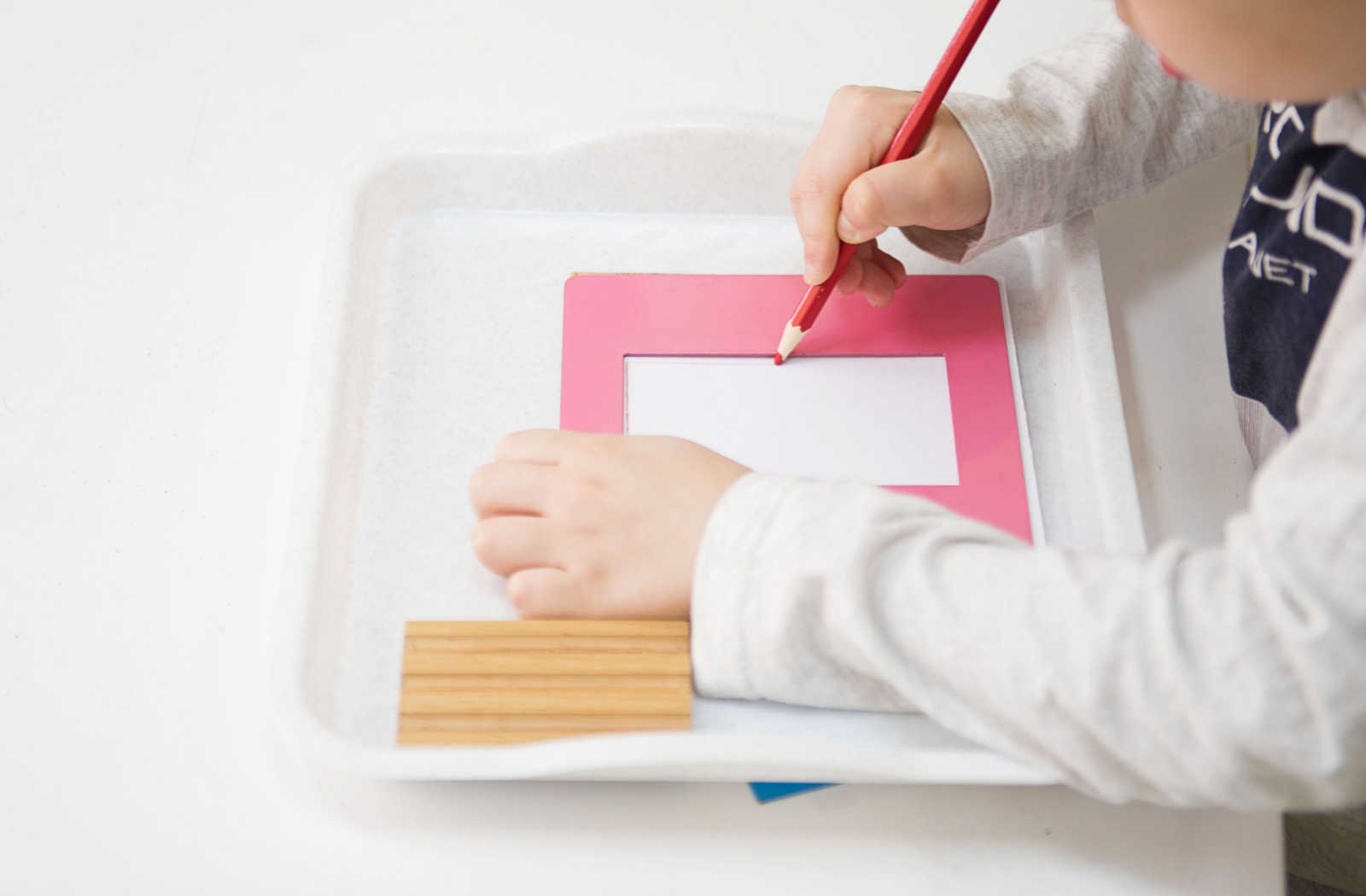
The Role of the Teacher
Another important aspect of Montessori education is the role of the teacher. In a Montessori classroom, the teacher serves as a guide and facilitator, rather than a traditional instructor. The teacher’s role is to observe the children and help them to develop their own interests and passions, rather than imposing a set curriculum. This approach helps children to develop critical thinking skills and to become self-motivated learners.
Developing Independence and Self-Regulation
One of the main goals of Montessori education is to help children develop independence and self-regulation. Children are encouraged to take ownership of their learning and to develop their own sense of responsibility. They are also taught to respect the rights and needs of others, and to work cooperatively with their peers. This helps children to develop social skills and to become confident and capable members of their community.
Connecting with the Natural World
Montessori education is not just limited to the classroom. The Montessori philosophy emphasizes the importance of connecting children with the natural world, and many Montessori schools have outdoor classrooms or gardens where children can learn about and interact with the environment. This helps children to develop a sense of wonder and curiosity about the world around them, and to develop a sense of responsibility for the environment.
Montessori Education in Calgary
Overall, the purpose of Montessori education is to provide children with the tools and resources they need to reach their full potential and become confident, self-motivated learners. By fostering independence, creativity, and a love of learning, Montessori education helps children to develop the skills and knowledge they need to succeed in school and in life. At Mosaic Montessori Academy, we are dedicated to providing a high-quality Montessori education to children of all ages, helping them to reach their full potential and become lifelong learners.
